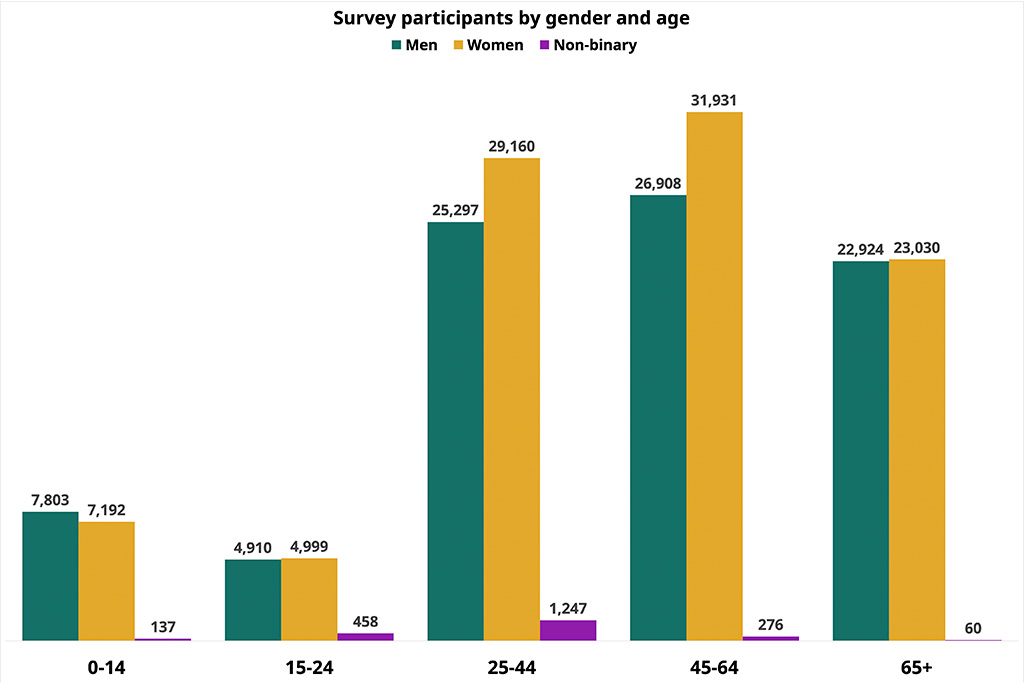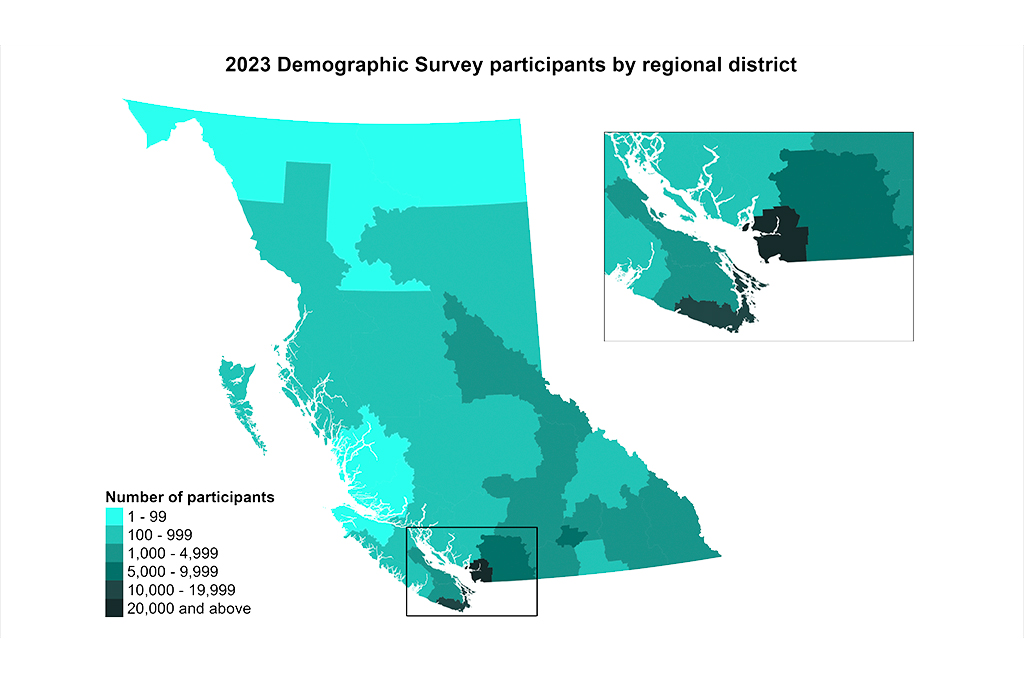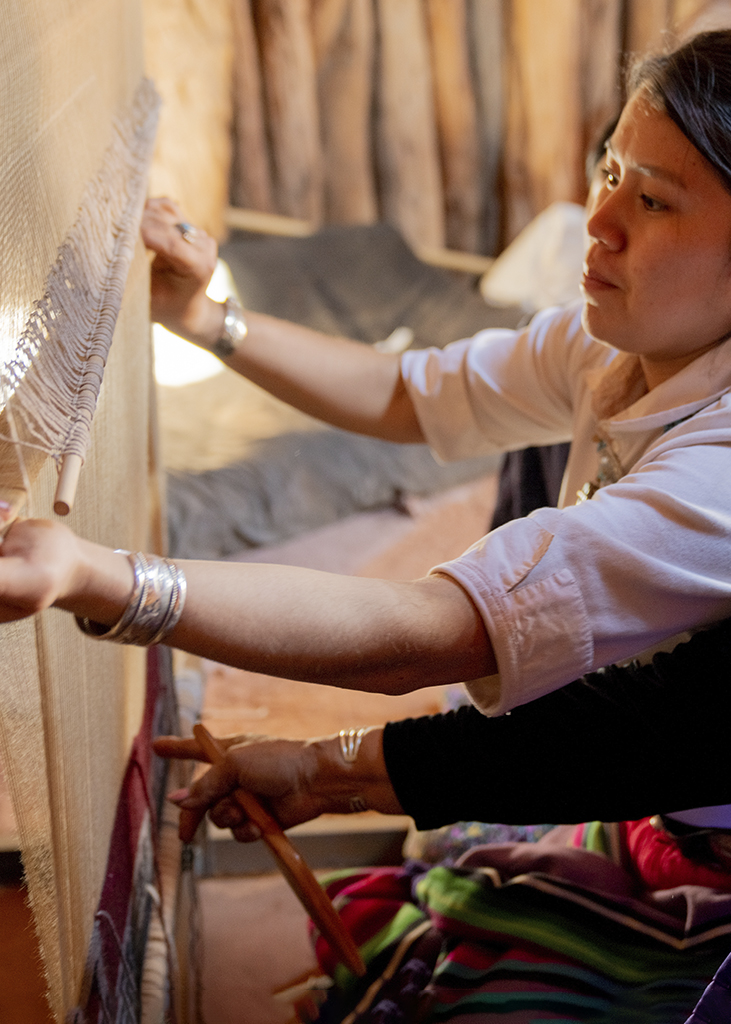How we’re using the BC Demographic Survey
May 30, 2024

We know that systemic racism exists in government services but to fix it we need to know exactly what works, what doesn’t, and who is affected.
Information collected through the BC Demographic Survey is helping to create a clearer picture of where people are facing barriers. With this information, we can strengthen our public services so that they work for everyone in B.C.

Where to focus service improvements
While government collects some personal information to deliver programs, we don’t ask questions related to identity. This means we don’t know exactly who is facing barriers and where they happen.
The BC Demographic Survey was the first step to get a better understanding of where we need to improve services.
We’ve now combined what we learned in the survey with other information we hold. We were able to securely match around 97% of responses with this existing service-level information.
This will help us identify gaps in our services.
We heard from over 200,000 people!
The survey was open to everyone in B.C. from June to October 2023. To reach as many people as possible, we promoted the survey broadly through digital and print media. We also mailed out 1.3 million invitations to random households throughout the province.
More than 204,000 people completed the BC Demographic Survey. Responses came from all over B.C.
Explore the results



Helping to target our research
What we learn from the survey will help us to identify systemic racism in our services and strengthen them for everyone in B.C.
We’ve already combined survey responses with other program information that we hold, such as health and education records to better understand the gaps in our system. This is supporting the work on our anti-racism research priorities.
We’ve completed the first phase of research. We focused on three areas of interest that were identified in our research priorities:
- Education
- Health
- Racial diversity in the BC Public Service
Over the coming year, we’ll do more work based on our findings and begin research on additional priorities.
Keeping your personal information safe
Any information we collect and use under the Anti-Racism Data Act must be stored safely. It can only be used to identify and address systemic racism. All the privacy and security protections under the Freedom of Information and Protection of Privacy Act also apply to this information.
The BC Demographic Survey responses are de-identified and stored in the Data Innovation Program, our secure analytics environment. This program uses the internationally recognized privacy and security Five Safes model to protect this information.
Community involvement is essential
We can’t make meaningful change unless we work together to make life better for everyone in B.C.
Our approach to the survey was shaped by what we heard during engagement on the Anti-Racism Data Act. We also worked closely with Indigenous partners and the Anti-Racism Data Committee to make sure we were asking questions in the right way.
To promote the survey, we held more than 10 events throughout the province. This included community events in Prince George, Nelson, Kelowna and Nanaimo. We also shared posters and other print materials with community organizations and public libraries.
We provided grants to 80 community organizations throughout B.C. Organizations used these grants to promote the survey to the communities they support through activities including:
- Social media posts in multiple languages
- Community events to provide information about the survey
- Direct support to help community members complete the survey

Looking to learn more?
On May 30, 2024, we released a report with more information about our approach to the BC Demographic Survey.
This includes:
- How we designed the questions
- Our approach to reaching different demographic groups and communities
- How responses align with the 2021 Census
